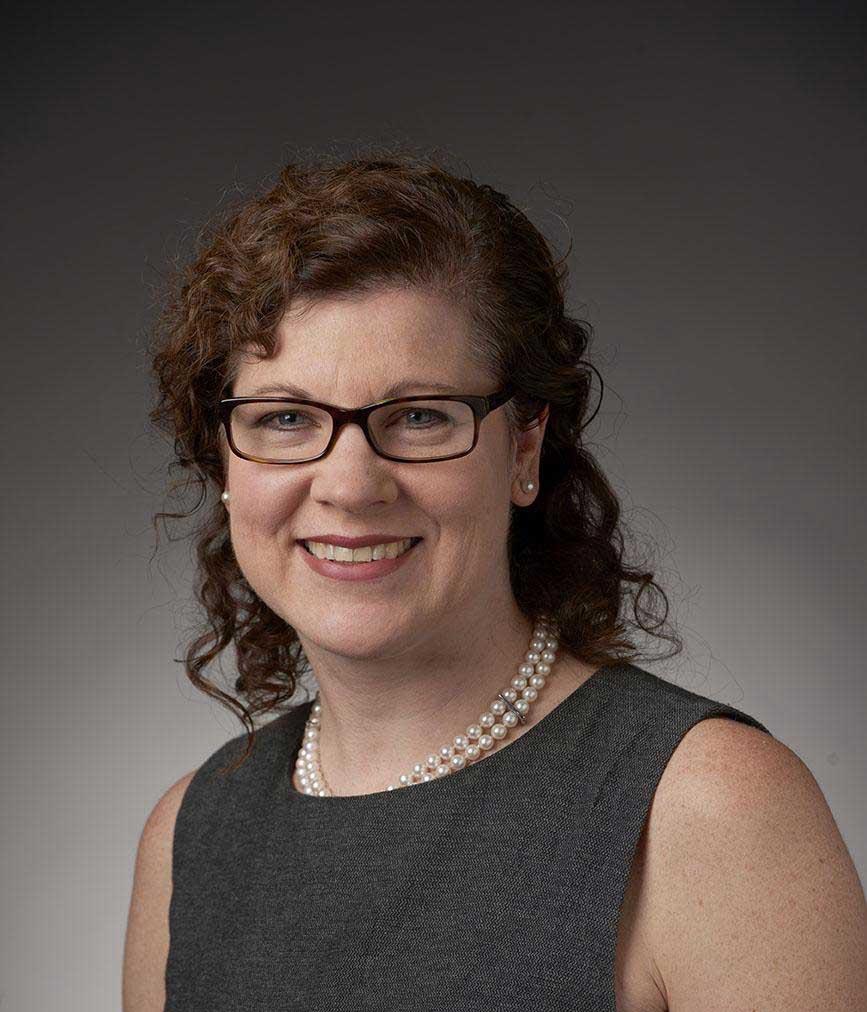
Associate Professor of Epidemiology Theresa Osypuk is using new tools and methods to rethink the way inequality relates to health in the U.S. Using data from the U.S. Department of Housing and Urban Development’s Moving to Opportunity for Fair Housing demonstration project, Osypuk is revealing that the health gains in families who have relocated away from poverty vary.






